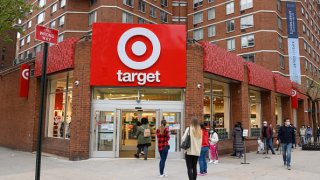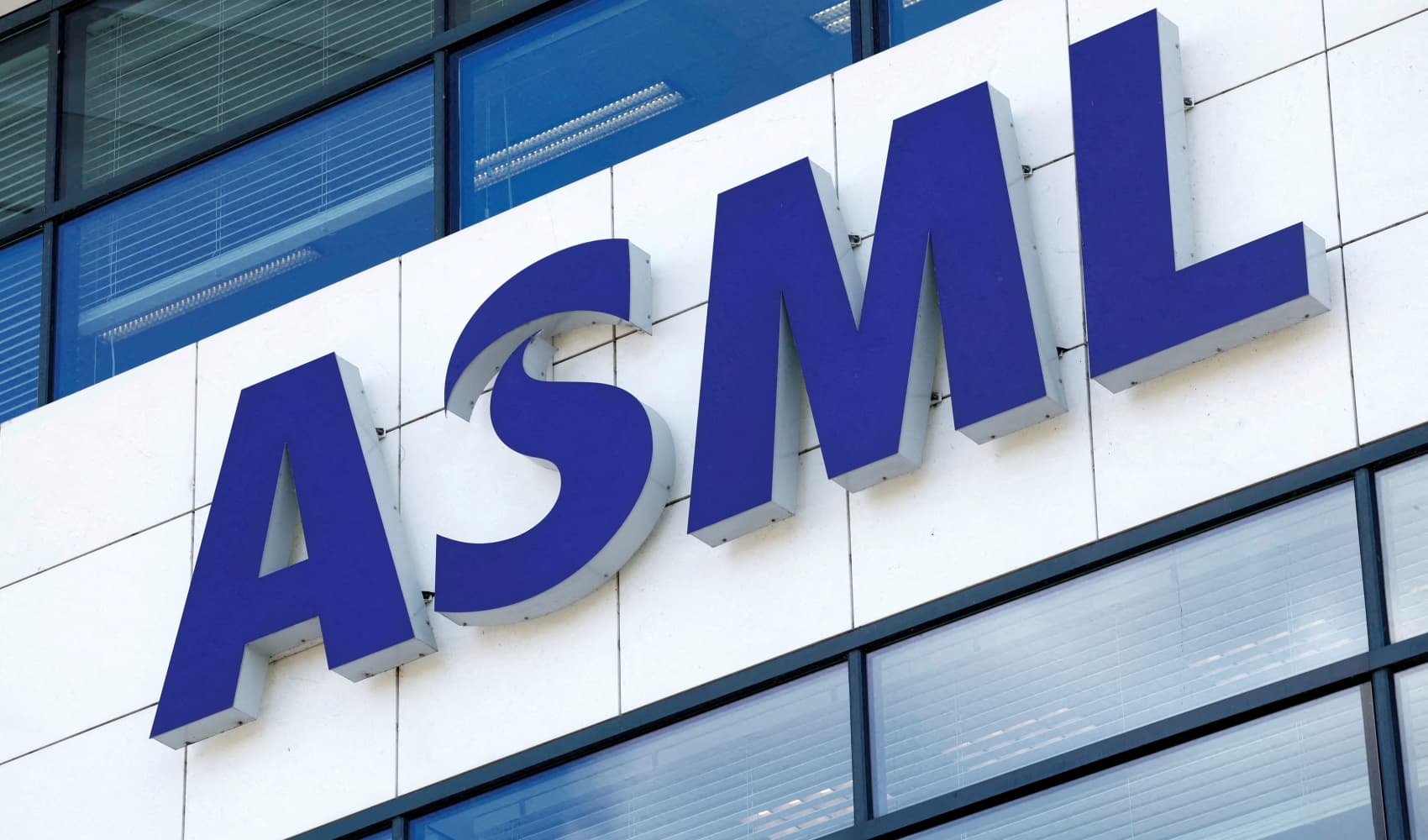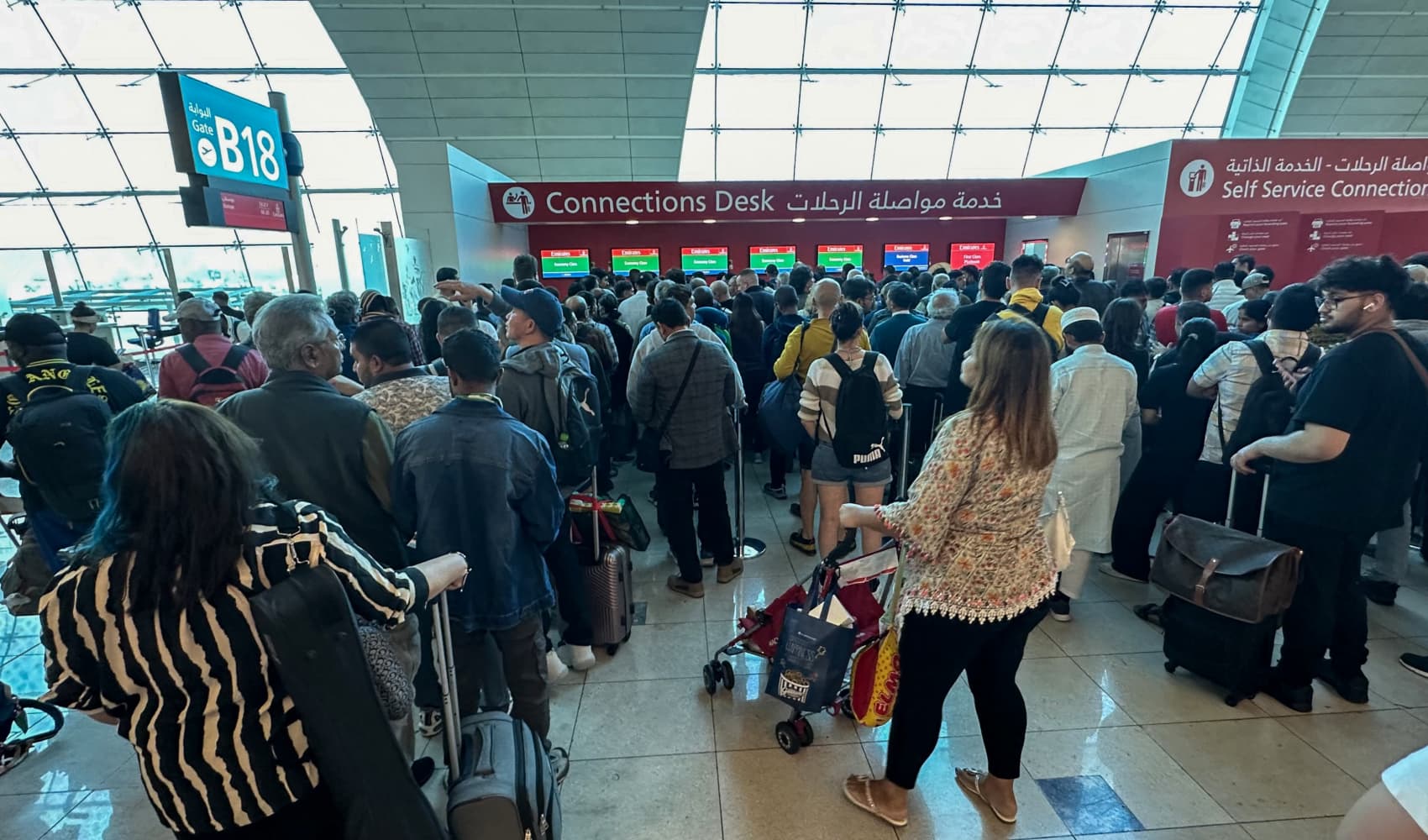
- Target said it will spend more than $2 billion with Black-owned businesses by 2025 by adding new brands to its shelves, hiring Black-owned construction or advertising firms and launching a new program fort start-ups.
- Over the past year, major companies like Nike, Walmart and Ulta Beauty have rolled out their own racial-equity pledges, such as featuring more Black people in their ads and reducing the number of police or security in stores.
- Generation Z — the group of teens and early 20-somethings who are aging into shopping and establishing relationships with brands — care more about social justice than previous generations, according to an annual survey of teens by Piper Sandler released Wednesday.
Target said it will hire more Black-owned companies, launch a program to identify and support promising minority entrepreneurs and add products from more than 500 Black-owned brands to its shelves or website.
Altogether, the discounter said Wednesday, it will spend more than $2 billion with Black-owned businesses by 2025.
"We have a rich history of working with diverse businesses, but there's more we can do to spark change across the retail industry, support the Black community and ensure Black guests feel welcomed and represented when they shop at Target," chief growth officer Christina Hennington said in a news release.
Get Boston local news, weather forecasts, lifestyle and entertainment stories to your inbox. Sign up for NBC Boston’s newsletters.
The killings of George Floyd, Breonna Taylor, Ahmaud Arbery and protests across the country have ratcheted up pressure on corporate leaders to advance racial equity and do more than simply cut a check — or risk losing business. The uneven death toll of the coronavirus pandemic and financial toll of the recession also spotlighted the country's sharp racial disparities with health care and economic opportunity.
Floyd was killed in Target's hometown of Minneapolis, now the site of the murder trial for the police officer who kneeled on Floyd's neck. One Target store, located near the site of Floyd's death, had to be completely rebuilt and some of its other stores were damaged during rioting.
Companies have spoken out about diversity and inclusion as consumers pay attention and some direct their dollars toward businesses that align with their values. Generation Z — the group of teens and early 20-somethings who are aging into shopping and establishing relationships with brands — care more about social justice compared with former generations, according to an annual survey of teens by Piper Sandler released Wednesday. Teens surveyed by the firm ranked racial equity as their most important political and social issue, followed by the environment and Black Lives Matter.
Money Report
Over the past year, major retailers like Nike, Walmart and Ulta Beauty have rolled out their own pledges, such as devoting more shelf space to Black-owned products, evaluating how they hire and promote employees, featuring more Black people in their ads and reducing the number of police or security in stores to prevent racial profiling. A growing number of retailers, including Macy's, Sephora and Gap, have signed on to the 15 Percent Pledge, which aims to make Black-owned products on store shelves proportional to the country's Black population.
Among Target's changes, the retailer said it will more actively seek out advertising firms, suppliers, construction companies and other kinds of businesses that are Black-owned. It said it will create a program called Forward Founders for early-stage start-ups led by Black entrepreneurs to help them develop, test and scale products to sell at mass retailers like Target. It will be modeled off of Target Accelerators, a program for start-ups that the retailer uses to foster up-and-coming brands and ultimately, to sell fresh and exclusive products that attract customers and help it differentiate from competitors.
In some categories, such as beauty, Target said it already has 50 Black-owned and Black-founded brands — but would like to add more for other kinds of merchandise.
Target previously committed to increasing Black representation in its workforce by 20% over the next three years. The company and its foundation are also giving $10 million to nonprofit organizations focused on addressing barriers for Black communities.






